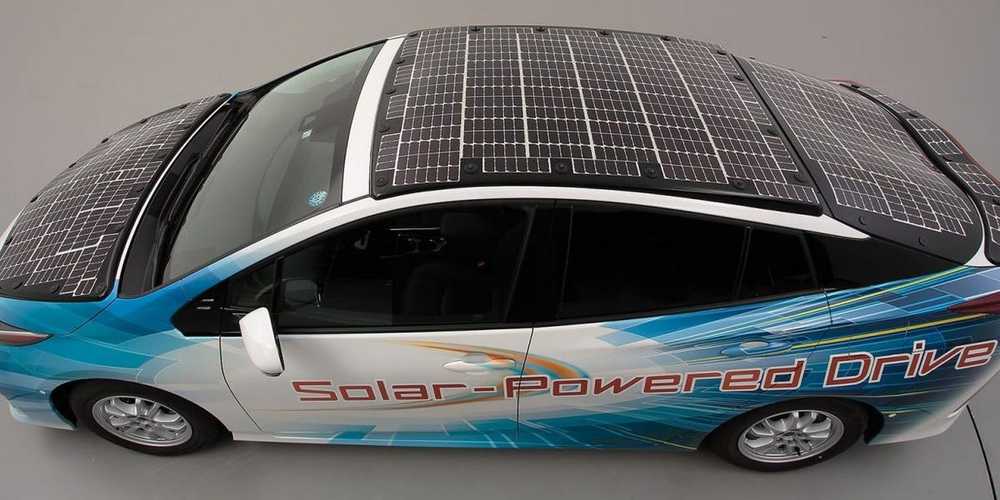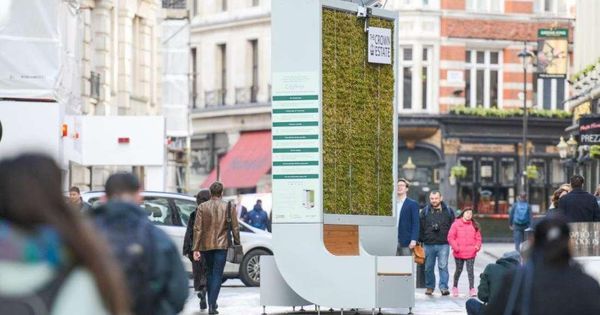Coupled with a high enough battery capacity to keep a vehicle running during darker hours, solar-powered cars have the potential to completely outdo other new types of tech that are currently in the pipeline — from hybrid vehicles to hydrogen-powered cars.
- Toyota, Sharp, and NEDO have teamed up to manufacture a unique car that could “run forever”, according to Bloomberg.
- There have been promising advances in developing thin enough solar panels for curved surfaces, as well as in tech for charging vehicles while they’re in motion.
- The solar cells the companies are working on attaching to the car are only 0.03 mm thick, so they can be attached to curved areas on cars like the roof, the hood, or the hatchback.
- By pairing more efficient solar cells with high-capacity batteries to keep vehicles running at night, solar cars have the potential to outperform hybrid vehicles and hydrogen-powered cars.
- Visit Business Insider’s homepage for more stories.
A solar-powered electric car that runs without needing charging may sound impossible, but Toyota, Sharp, and NEDO (New Energy and Industrial Technology Development Organization of Japan) have joined forces to hopefully make it a reality.
By pairing together the best solar panels on the market with the most efficient batteries available — not to mention years worth of experience with car-manufacturing — the companies are hoping, theoretically, to produce a vehicle that might run forever.



